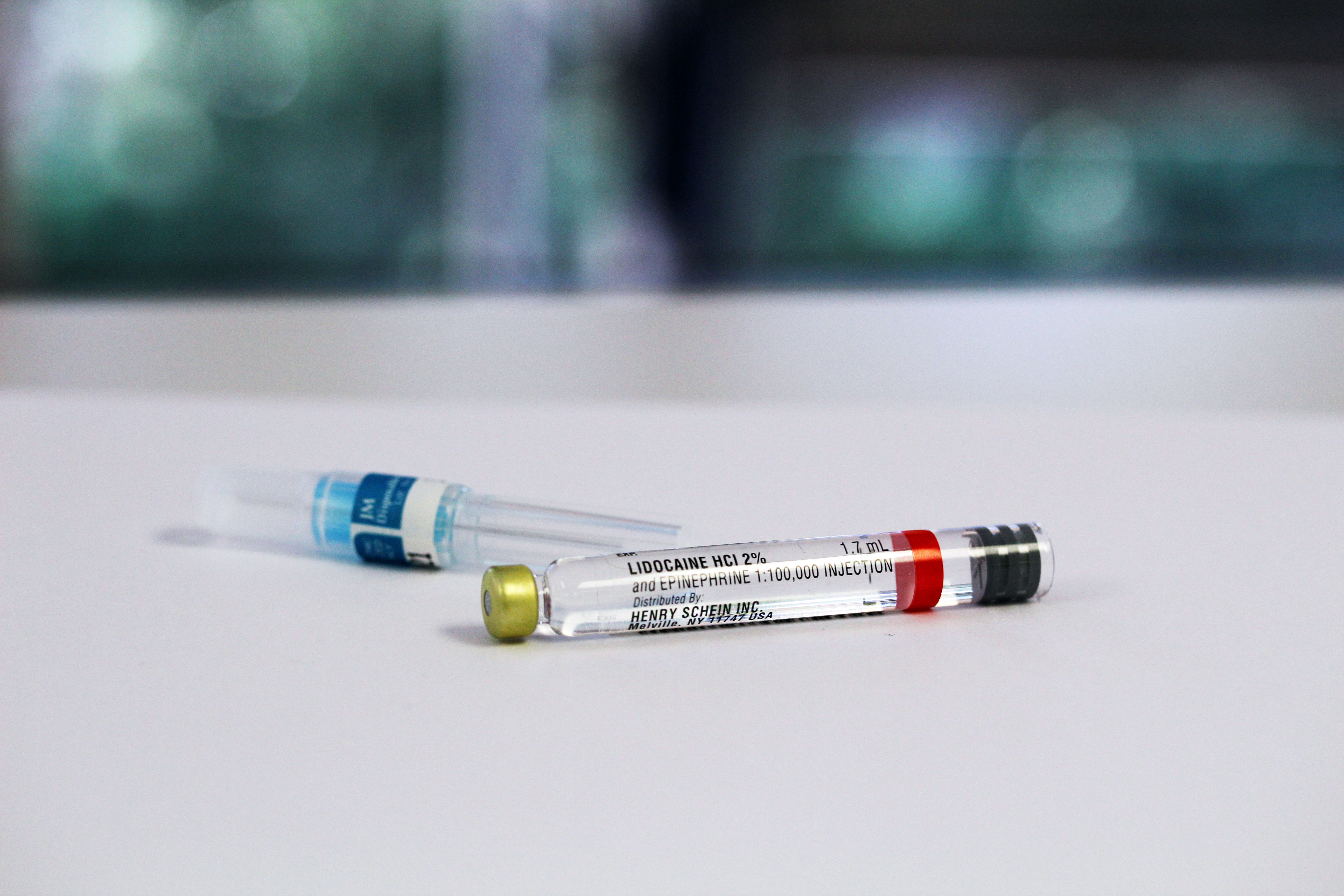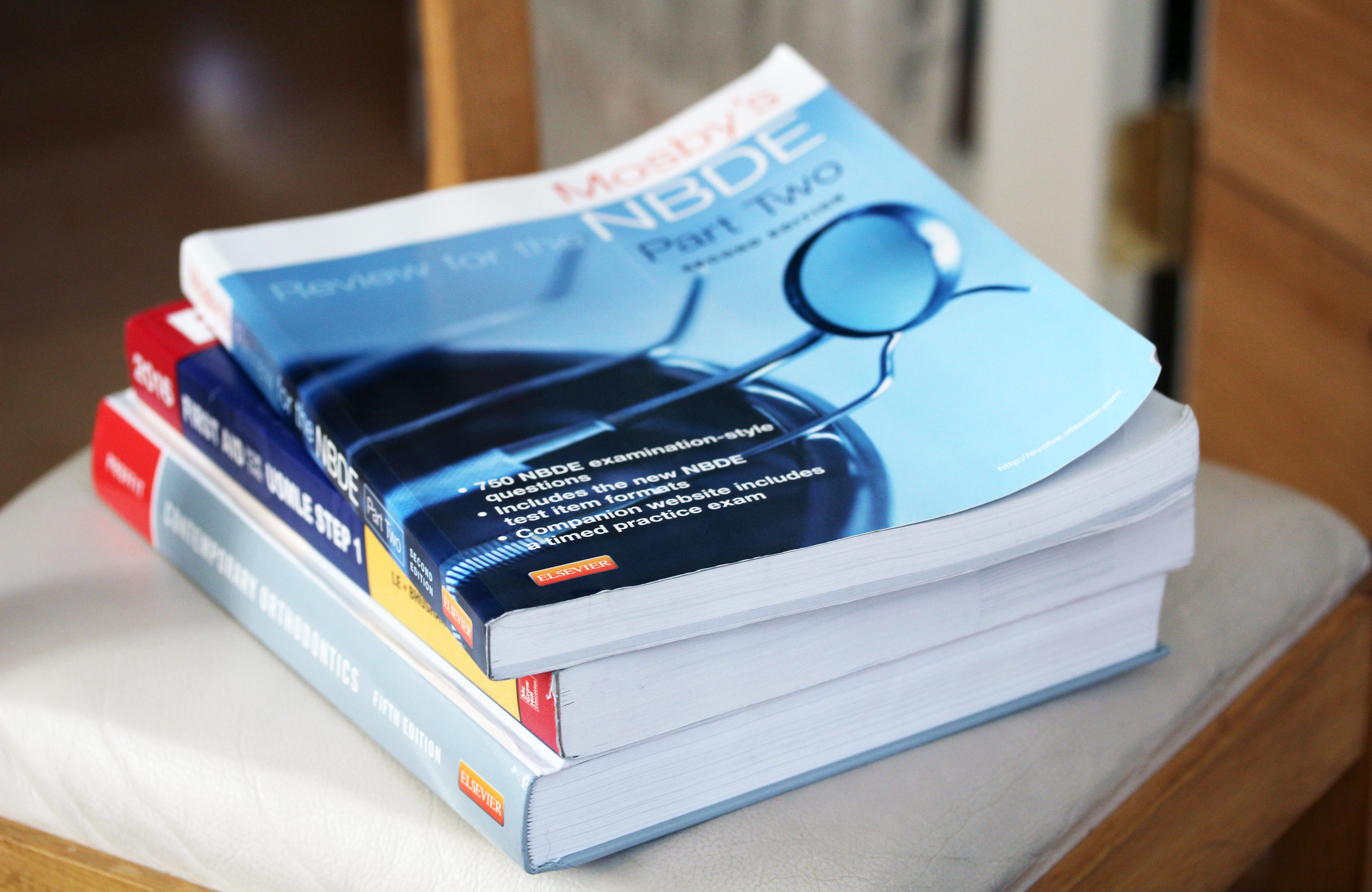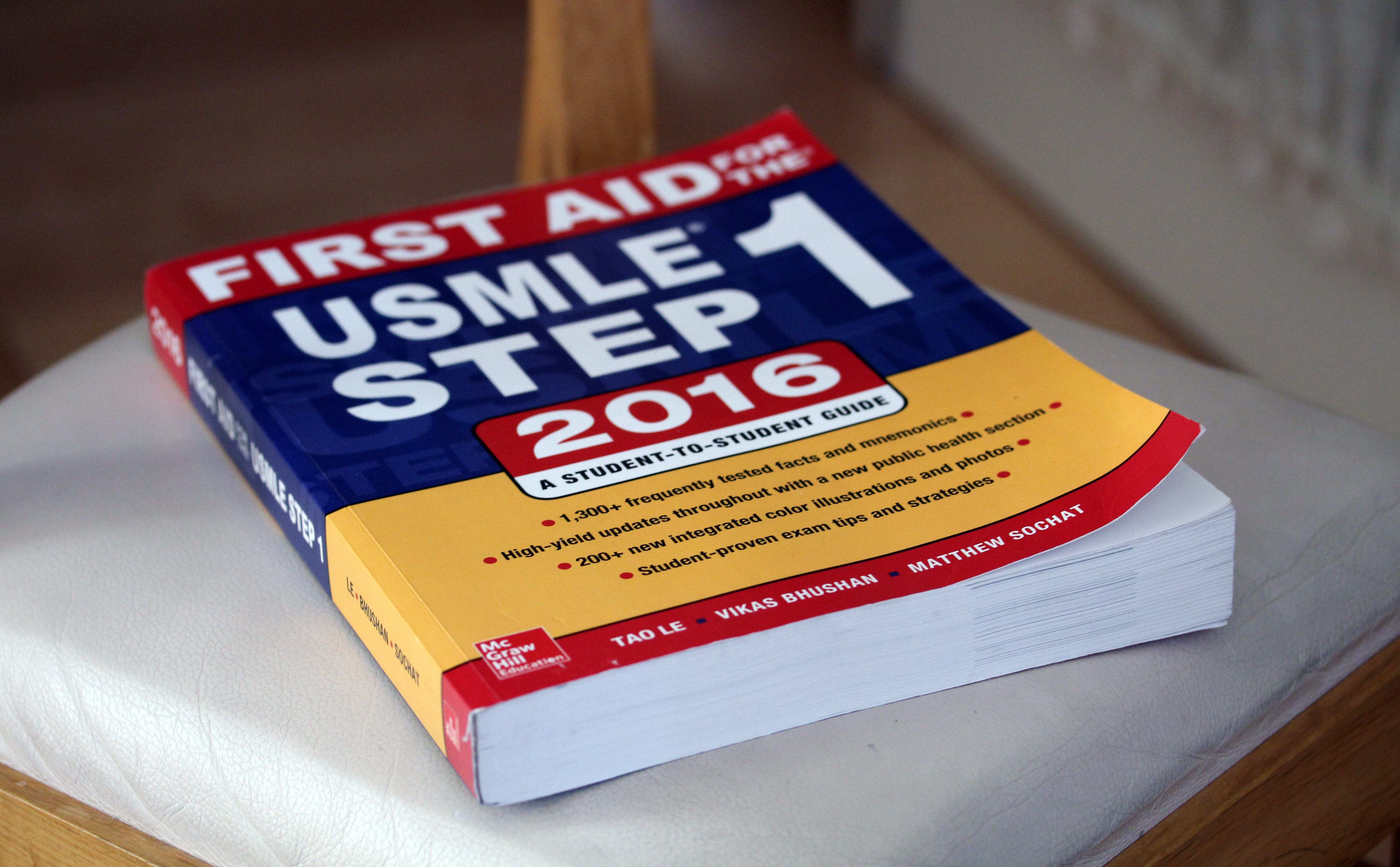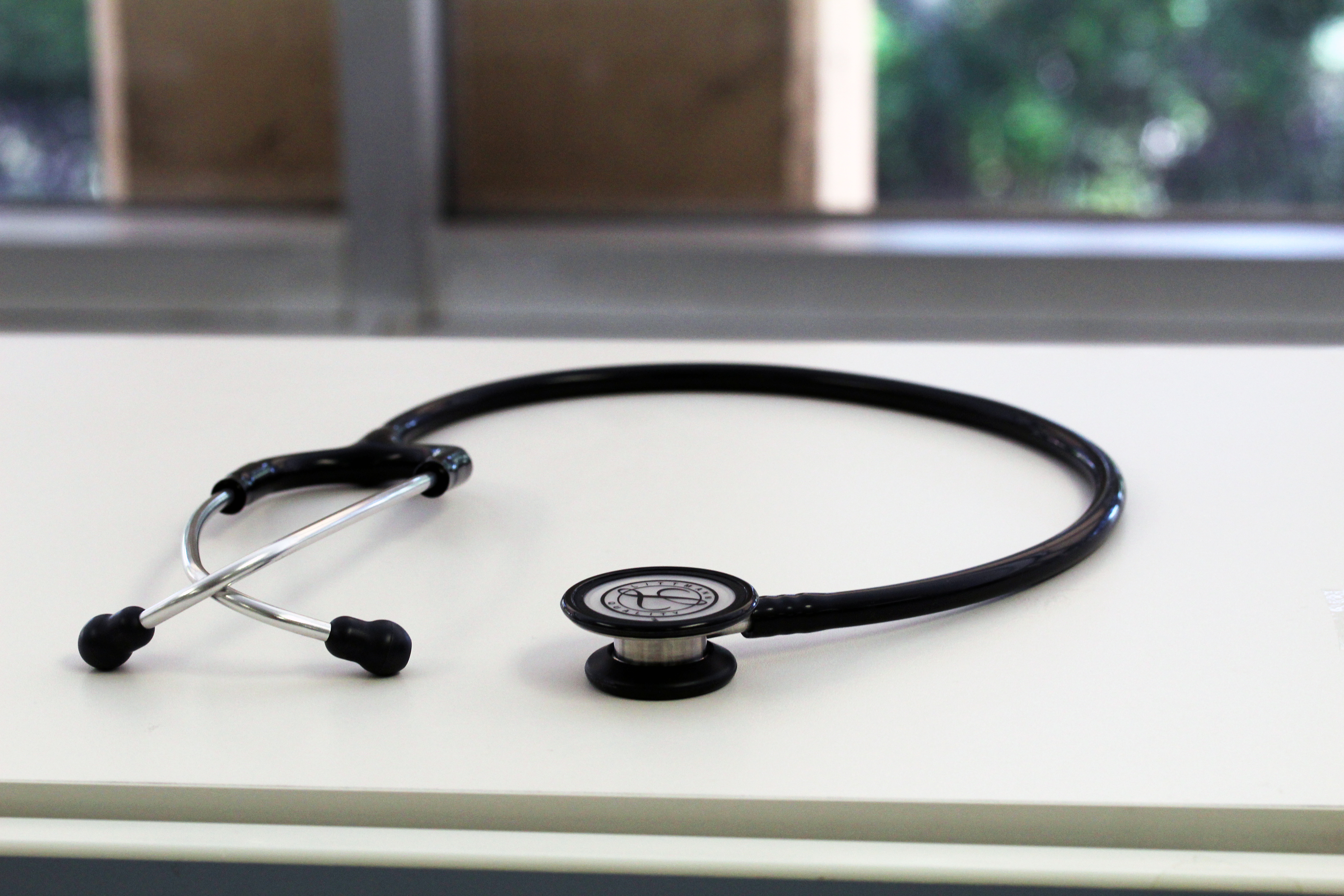As a resident, malpractice insurance probably isn’t at the top of your list of things to worry about. After all, we’re generally covered by the programs and hospitals we practice in during our training. Unlike our medical counterparts, who after finishing residency will typically have their premiums paid for by their new employer, the majority of dental residents and dentists will have to purchase their own malpractice coverage in solo practice as independent contractors or associates. Here are some of the things I’ve learned about malpractice insurance over the past year.
Insuring your income by purchasing a personal disability insurance (DI) policy is one of the first steps in anyone’s financial plan. Our income supports our lifestyle, investments, well-being, and families. Without it, we have few options as our new occupation will presumably provide significantly less income in the event that we become sick or hurt. When you consider the high earning potential of a dentist or specialist, protecting yourself against this event becomes even more critical.
When people find out I’m a resident in orthodontics, one of the first things they tell me besides their own experience with braces is how fantastic and cushy my future lifestyle will be. That’s open for debate. While people are generally aware of the amount of work and dedication it takes to become a dental specialist, little do they know about the financial costs. With the cost of attendance for dental school increasing every year coupled with the sky high costs for dental residency, let’s crunch some numbers to see what it takes (financially) to become a dental specialist. Spoiler alert: it costs a million dollars — or more — to become an orthodontist.
As a resident you probably don’t have too much money to play around with. That being said, don’t forget that you should start saving for retirement if you haven’t done so already. After all, your college friends who went into finance and tech had a huge start ahead of you. But don’t sweat it! It’s not too late. Below are the major differences between the basic retirement accounts.
Previously we ran side-by-side comparisons of dental school and medical school cost of attendance. You may or may not be surprised to learn that dental graduates owe on average $80K more than their medical counterparts. Curiously, both spend 4 years in training not including residency. Let’s look into the reasons why dental school is so much more cost-prohibitive than medical school.
Back when I was deciding what to do with my life after undergrad, I clearly remember looking up the cost of attendance for various professional schools. Medical school, dental school, law school, veterinary school, you name it. For better or for worse, I’m moderately allergic to cats and dogs, so I quickly ruled out vet school. Something I learned, however, was that dental school costs significantly more than medical school. Let’s run the numbers and see how big the difference really is.
Residency is an exciting time for a young dentist. A new city, a new network, the focus on an area of specialty, plenty hours of restful sleep (hah!) – all of these things are undoubtedly worth looking forward to. That being said, the whole process of applying, interviewing, and matching can be one of the most anxiety-inducing experiences of your life. Let’s start with the basics by looking at some of the key factors to consider when deciding where to apply for residency.
Residency is without a doubt a busy time. From clinical responsibilities to research to sleep to maintaining sanity, things are not always easy. That being said, a little time spent here and there on financial education can vastly improve your chances of achieving financial independence as early as possible.
Between long hours, research commitments, studying for boards, and whatever other obligations you may have as a resident, saving for retirement probably isn’t at the top of your list. The Roth IRA, however, is the best option you have as a young resident before entering a much higher tax bracket after residency. In short, the Roth IRA is a great retirement tool that you should start taking advantage of NOW.
If you’re considering applying for residency, fourth year of dental school is not cheap. From application fees to score reports to transportation to attire, costs can readily pile up. As such, it’s crucial to budget appropriately and plan ahead for residency interviews. Let’s run through a basic calculation to see how exactly the costs add up. Spoiler alert: be prepared to budget $5K – $10K and possibly take out an additional emergency loan.









